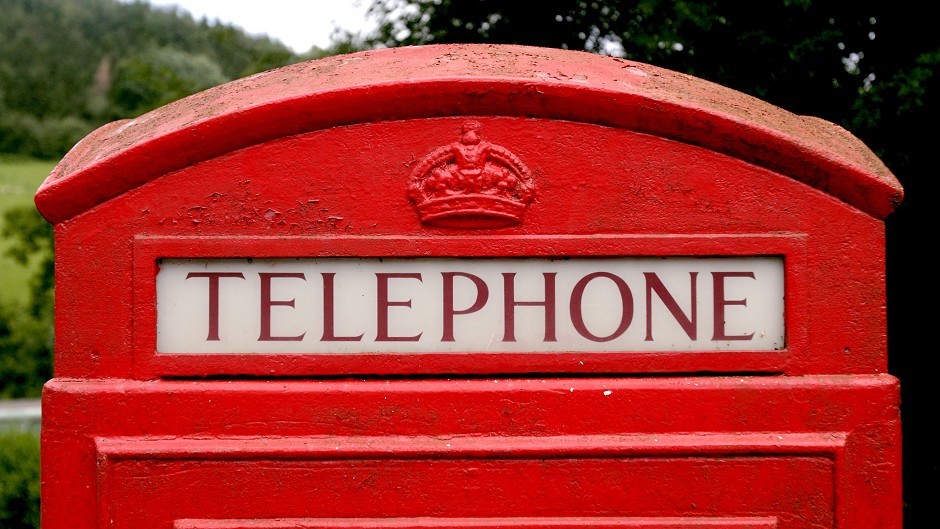Plans to close 110 rarely-used phone boxes across the north will be given the green light unless communities object, Highland Council’s leader said yesterday.
Highland Council’s second phase of consultation on BT’s closure plans will see public call boxes decommissioned in Inverness and throughout the region, unless individuals or communities make their feelings known about why they should stay.
Responses to the council’s first round of consultation were published on its website yesterday. In some cases, public call boxes have not been used for more than a year.
In some areas the local community want to take over the running of the iconic red box under a BT Adopt a Kiosk” for £1 scheme. In Carrbridge, locals have decided to use their box as a place for a defibrillator. In Glenfinnan, residents want to adopt the kiosk for the use of the community.
So far, Highland council has received objections to the closure of 41 of the 100 earmarked call boxes. Many campaigners argue that due to the rural and isolated area in which the call boxes are located there is no mobile reception to raise the alarm in an emergency.
In the Hilton area of Inverness three phone boxes, used on average once a day, are also set for closure.
Depute Highland Council leader Alasdair Christie told people to object if they want to save their call box. He said: “Objections must be made by midnight on October 24 otherwise these call boxes will be taken out of service.”
Green Party councillor Pippa Hadley, a climber, said: “There are still huge areas of the Highlands that are a mobile “not” spot – meaning there is not much reception in that area – so the phone boxes can be vitally important for anyone in danger, or in the middle of a crisis.”
Highland Council leader, Councillor Margaret Davidson said: “It’s important that as many people as possible reply to the survey so that we can build an accurate picture of individuals and community views and needs.”
A BT spokeswoman said: “Most people now have a mobile phone and calls made from our public telephones have fallen by around 90% in the past decade.
“The need to provide payphones for use in emergency situations is also diminishing all the time, with at least 98% of the UK having either 3G or 4G coverage.”
